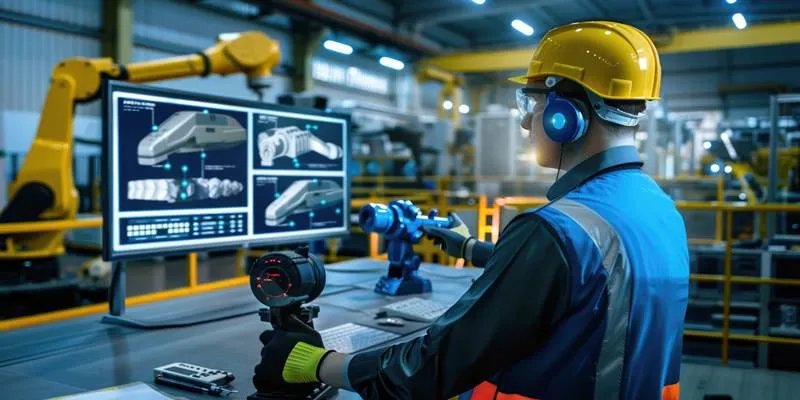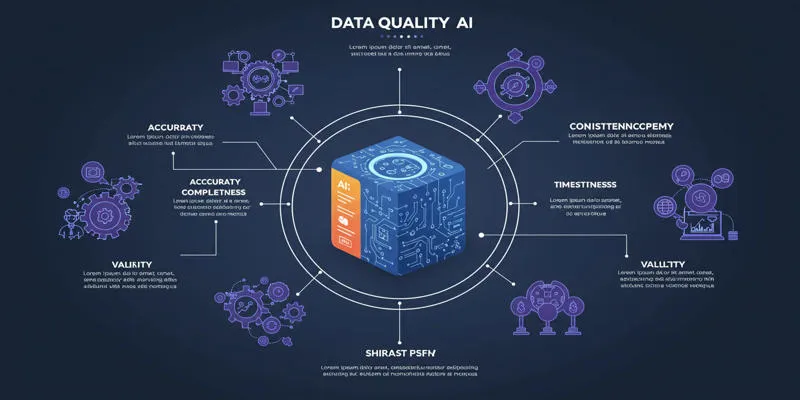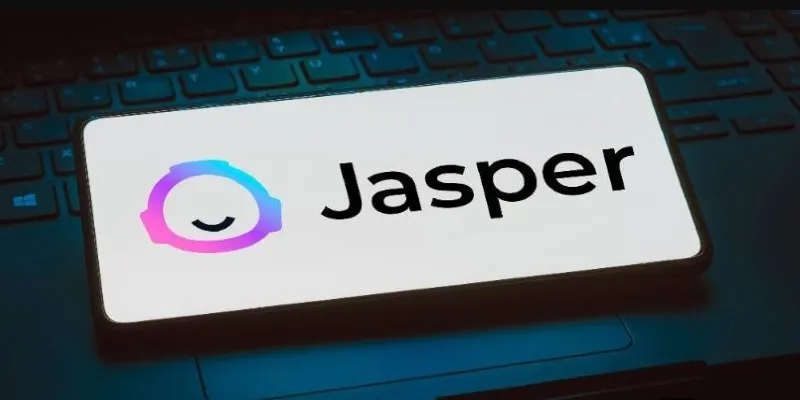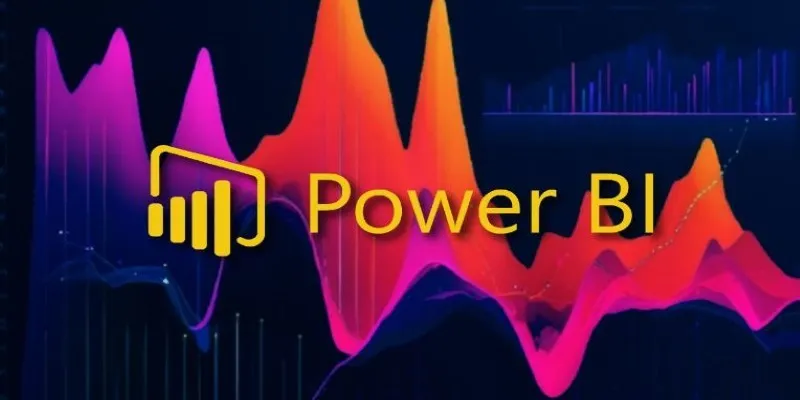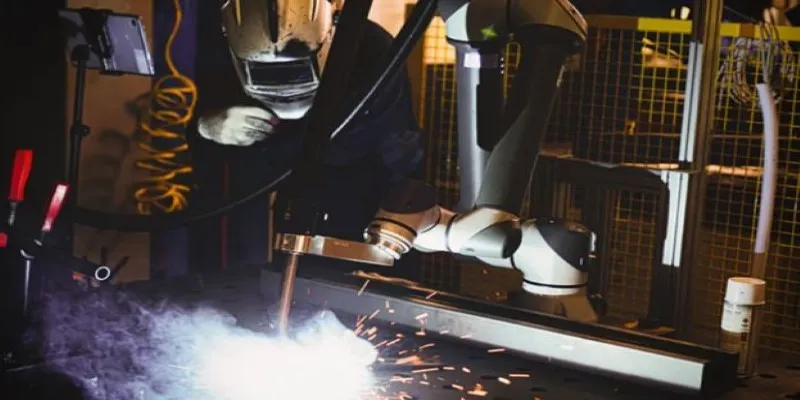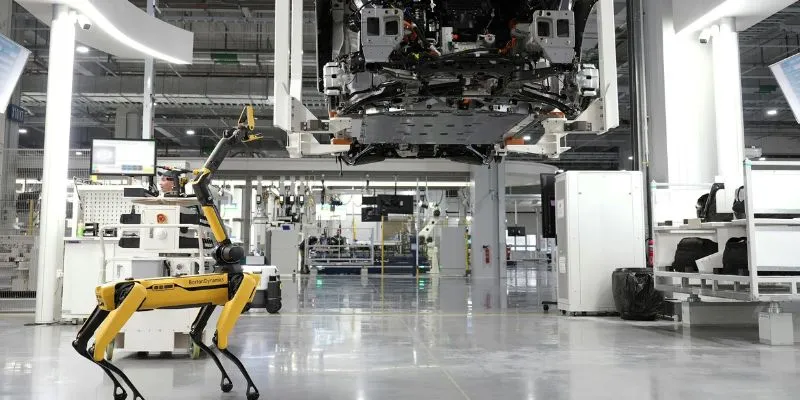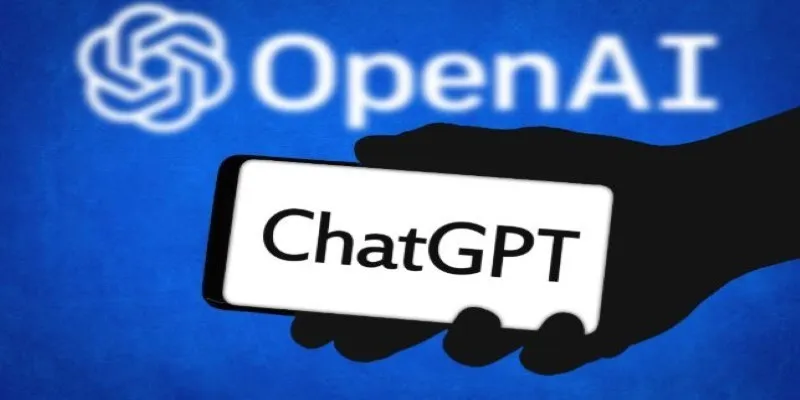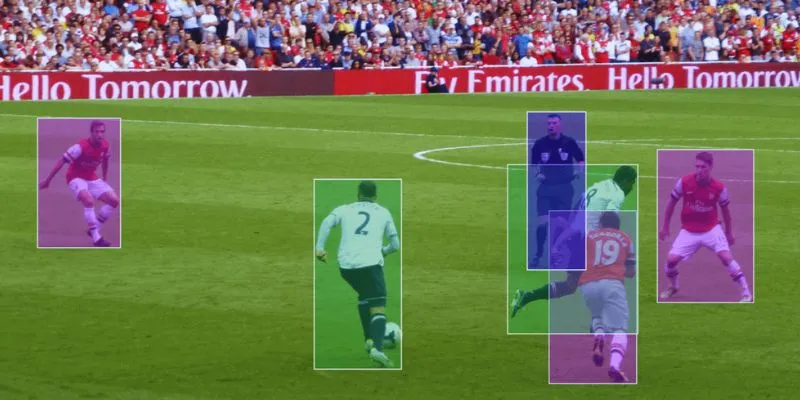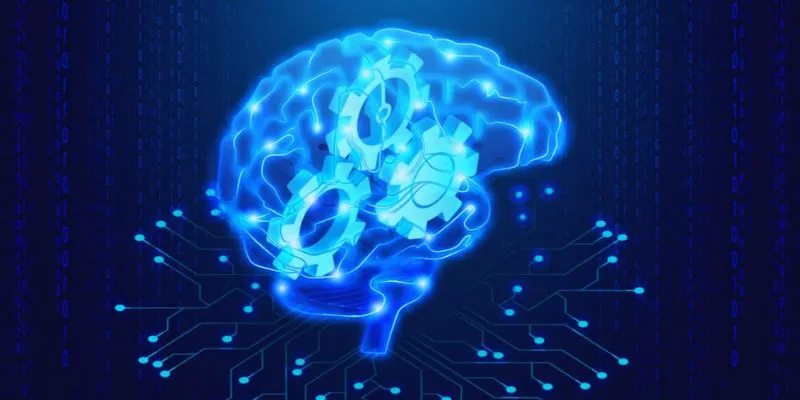The process of making and improving music is evolving rapidly due to the influence of artificial intelligence (AI). AI-powered tools are streamlining the workflow for artists, producers, and engineers, allowing them to write songs and enhance sound quality more efficiently. By simplifying the music creation process, AI enables artists to experiment with new sounds and refine their recordings with greater precision.
AI doesn’t replace the creativity of human artists. Instead, it acts as an assistant, simplifying complex tasks like songwriting, audio mixing, and mastering. By automating repetitive tasks, AI allows artists to concentrate on creativity while maintaining high production standards.
AI in Composing Songs
AI is capable of composing music by analyzing vast amounts of musical data. It studies different melodies, chord progressions, and rhythms from various genres to create original compositions.
AI-Assisted Melody Generation
AI can generate melodies based on analyses of various music styles. By evaluating different musical genres, AI helps identify harmonies, bass lines, and drum patterns that complement a tune. This capability is particularly beneficial for artists and producers experiencing creative blocks.
Lyric Writing with AI
Song lyrics can also be crafted with the assistance of AI-powered tools. AI suggests words and phrases according to musical styles, themes, and emotions by examining extensive lyric databases. Although human input is essential for creativity and emotional depth, AI can expedite the ideation process for artists.
Customizing Music Styles
AI facilitates the modification of existing tracks, allowing artists to create music in various styles. Whether jazz, pop, electronic, or classical, AI can tailor compositions to fit any genre, providing an easy way to explore new sounds.
AI in Sound Quality Enhancement

Sound quality is a crucial aspect of music production. AI-driven tools enhance sound quality by eliminating noise, balancing frequencies, and optimizing audio clarity.
Noise Reduction and Audio Cleaning
AI algorithms can detect and remove background noise from recordings. They are particularly useful for live recordings and vocal tracks, where unwanted sounds like clicks and hisses can be distracting.
Automated Audio Mastering
AI facilitates professional sound quality by automating the mastering process. AI software analyzes frequency balance, adjusts compression levels, and applies equalization to enhance audio clarity, ensuring tracks sound polished across different playback devices.
Enhancing Vocals and Instrumental Tracks
AI can separate vocals from instrumentals, adjust pitch, and refine tonal quality, allowing for better mixing and remixing of tracks, thus making music production more efficient.
AI in Music Production and Mixing
Music production involves multiple steps, from recording to post-production. AI assists in automating various tasks , making the process smoother and more efficient.
AI-Assisted Mixing
Mixing involves blending multiple sound elements into a cohesive track. AI- powered tools analyze individual tracks and automatically adjust volume levels, panning, and effects to create a balanced mix.
Automating Repetitive Tasks
AI eliminates the need for manual adjustments by learning from past mixes and applying similar settings to new tracks. It saves time and allows producers to focus on creativity rather than technical adjustments.
Instrument Balancing and Sound Design
AI detects inconsistencies in sound levels, ensuring each instrument is properly balanced within a track. By suggesting optimal settings, AI helps producers achieve professional-grade audio quality.
AI in Music Restoration and Remastering
AI is also being utilized to restore and remaster old music recordings. Many classic tracks have benefitted from AI-powered enhancement tools.
Restoring Old Recordings
AI cleans up old recordings by reducing background noise and improving audio clarity, helping preserve historical music and enhancing the listening experience of older tracks.
Enhancing Live Performance Recordings
Live recordings often contain background noise and sound distortions. AI analyzes these recordings, making necessary adjustments to enhance clarity and balance.
Remastering for Modern Audio Standards
AI updates older recordings to meet modern sound standards, making them suitable for today’s streaming platforms and digital playback systems.
AI in Personalized Music Recommendation

AI is widely used in music streaming platforms to provide personalized listening experiences. By analyzing user preferences, AI suggests songs that match individual tastes.
AI-Based Playlists
Streaming platforms use AI algorithms to create playlists based on a listener’s past music choices. These AI-generated playlists help users discover new music that aligns with their interests.
Adaptive Music Selection
AI adjusts music recommendations in real-time based on listening habits, mood, and even time of day, making it easier for users to find music that suits their current environment.
Automatic Genre Classification
AI categorizes music based on genre, tempo, and mood, improving searchability and organization for listeners and content creators alike.
Challenges of AI in Music
Despite its advantages, AI in music also presents challenges and limitations.
Lack of Human Creativity
While AI can compose music, it lacks the emotional depth and creativity that human musicians bring to compositions. AI-generated music often follows patterns and lacks the unique artistic expression found in human-created songs.
Ethical and Copyright Concerns
AI-generated music raises questions about ownership and intellectual property rights. If a song is composed by AI, who owns the rights? These concerns require clear guidelines and regulations to ensure fair use.
Conclusion
AI is playing a major role in the music industry by composing songs and enhancing sound quality. It helps musicians generate melodies, automate production processes, and improve audio clarity. With AI-driven tools, artists and producers can work more efficiently and achieve high-quality results. However, AI cannot replace the creativity, emotions, and originality that human musicians bring to their work. Instead, AI serves as a valuable assistant, helping to streamline workflows and enhance the music production process.
 zfn9
zfn9

